The European Technology Chamber (EUTECH) unveiled a significant publication in April 2024 in Brussels, a city known for its influence on EU policymaking. This was the Position Paper Booklet, an extensive collection of detailed strategies and innovations proposed by 15 diverse alliances within EUTECH, all aimed at harnessing technology for the greater good of society. This event marked a key moment not only for EUTECH but for potential technological policy directions within Europe.
The launch of the booklet was a major highlight of EUTECH’s strategic delegation to Brussels, serving as a cornerstone for its mission to promote sustainable, innovative, and cooperative technological advancement across the continent. While the delegation itself facilitated vital dialogue and networking, the Position Paper Booklet captured the core of EUTECH’s progressive ethos.
As this delegation coincided with the European Parliament elections, the timing of the booklet’s release takes on additional significance. During this period of heightened political activity and debates, which greatly influence policy directions, especially in the technology sector, the booklet serves as a key instrument. European elections set the stage for new legislative agendas and priorities that can profoundly impact industry regulations and investments.
The Position Paper Booklet strategically aligns technological advancements with the emerging political landscape, ensuring that the industry’s needs and potential for innovation are not just recognized but actively incorporated into future policies. Recognizing the swift advancements in technology and the increasingly complex regulatory environment in Europe, EUTECH identified a need for clear and unified guidance to shape policy decisions effectively. This led to the development of the Position Paper Booklet, a crucial document designed to steer technology-related policies across the continent.
The foundational base for this booklet was the insights garnered from EUTECH’s White Papers, which addressed numerous industry challenges and trends, forming key recommendations. These recommendations, centered around innovation, sustainability, and cooperation, became the core themes of the Position Papers, offering strategic and actionable advice to governments and industries to foster progress while ensuring alignment with European policy goals.
Introducing the Position Paper Booklet at the Brussels Delegation was a deliberate choice by EUTECH, taking advantage of the opportunity to engage directly with key Directorate-Generals (DGs) focused on technology, environment, transport, and the economy. This event was chosen because it allowed EUTECH to present its recommendations to influential policymakers and stakeholders, ensuring the insights could influence policy discussions and developments at a crucial time.
The strategic unveiling of the Position Paper Booklet during the Brussels Delegation was a critical move to ensure that the insights developed through extensive collaboration were delivered directly to those at the helm of shaping Europe’s technological future. This delivery was not the end of the process but rather the beginning of a new phase. As the booklet transitioned from concept to an essential discussion piece among Europe’s policymakers, its foundational creation process and the rigorous development it underwent became central to its effectiveness and ongoing relevance.
The creation of the Position Paper Booklet is an indication to a comprehensive and collaborative process. It begins with the gathering of insights through various forums such as webinars, networking meetings, and community engagements, which involve all 15 alliances. These interactions lead to the generation of key recommendations that form the backbone of both the White Papers and the Position Papers.
The booklet’s drafting process involves rigorous rounds of feedback to incorporate diverse perspectives, ensuring the final product is not only comprehensive but also multifaceted. This collaborative effort between researchers, journalists, and designers ensures that the booklet is not just informative but also visually engaging and accessible.
Once finalized, the Position Paper Booklet serves as more than just a document. It is presented to policymakers, highlighted at major events, and serves as a foundation for discussions that can influence decision-making at the highest levels. This ongoing cycle of presentation, feedback, and revision ensures the booklet remains relevant and impactful, driving innovation, policy, and cooperation across Europe’s technological landscape.
Structured around three significant areas—innovation, sustainability, and cooperation—the booklet encompasses a wealth of industry-specific insights. These insights are aimed at aligning technological developments with broader European policy objectives. Each section of the booklet delves into various themes that are pivotal for the future of technology in Europe.
Innovation is deeply embedded in the ethos of the booklet, with sections that articulate advancements in key fields such as Artificial Intelligence (AI) and Machine Learning (ML). These sections do more than just outline technological progress; they propose ethical frameworks and governance models to ensure responsible use of technology. For example, the discussions on AI not only focus on its potentials but also emphasize the need for stringent ethical standards and legislative frameworks that ensure technology works for the welfare of all.
The section on innovation stands out as a testament to the chamber’s commitment to pushing the boundaries of technology while ensuring its responsible use across Europe. This crucial part of the booklet delves deep into how emerging technologies, specifically those developed and refined by the Innovation Group’s alliances, can be harnessed not only to drive economic growth but also to enhance societal welfare in a sustainable manner.
The alliances under the Innovation Group umbrella—comprising the Mobility, Internet of Things (IoT), Manufacturing, Digital Transformation, and Smart Cities alliances—each contribute unique insights and forward-thinking solutions to the broader technological discourse. These groups focus on areas that are paramount to Europe’s technological advancement and are instrumental in shaping policies that promote an environment conducive to innovation.
Innovation, as discussed in the Position Paper Booklet, goes beyond the mere adoption of new technologies. It involves a comprehensive approach that includes developing ethical frameworks and governance models to ensure that these advancements are sustainable and equitable. The booklet’s focus on innovation not only highlights the technological potential of these alliances but also underscores the importance of regulatory frameworks that ensure these technologies are used responsibly and ethically.
By laying out detailed, actionable strategies that align with European policy goals, the innovation section of the booklet provides a clear vision for the future. It portrays a Europe that leads by example in adopting and regulating new technologies in ways that benefit its economy and society. This vision, as articulated by the alliances of the Innovation Group, is not just about technological change—it’s about progress in the truest sense, ensuring that innovation leads to tangible improvements in the lives of Europe’s citizens.
Sustainability reflects through papers that discuss how emerging technologies can be employed to foster solutions that mitigate environmental impacts while boosting economic and social well-being. This part of the booklet outlines how renewable energy sources can be integrated more effectively and how urban planning can be made more sustainable. The focus here is not just on environmental benefits but also on how these solutions can drive economic growth and social improvement.
In the sustainability section of the Position Paper Booklet, EUTECH articulates a profound commitment to integrating environmental stewardship into the technological advancements across Europe. This part of the booklet emphasizes how sustainable practices can be woven into the fabric of technological innovation, thereby not only preserving the environment but also enhancing social and economic development.
The alliances under the Sustainability Group umbrella, including the SDG, Women in Tech (WiT), Environment, Energy, and Climate Action alliances, each bring a focused perspective on how to achieve sustainable progress through technology.
The sustainability section of the booklet not only outlines the environmental benefits of these technologies but also discusses how they can drive economic growth and improve the quality of life. It emphasizes the need for policies that foster a circular economy, where resource use is optimized, and waste is minimized.
Furthermore, it calls for an integrative approach where sustainability is not seen as a standalone issue but as a fundamental aspect of all technological development and deployment. This vision, as outlined by the sustainability alliances, sets a benchmark for how technology can be a force for good, driving necessary changes that are critical for a sustainable future.
Cooperation is important, as highlighted by the discussions on the necessity for cross-sector and cross-border collaboration to tackle Europe’s most pressing challenges. This section underscores the role of digital platforms in facilitating such cooperation, suggesting that technology can be a unifying force across geographical and cultural boundaries.
Under the Cooperation Group, the alliances that contribute their perspectives include the APAC, Africa, Latin America, Finance, and Food, Farming & Fisheries (FFF) alliances. Each alliance offers insights into how collaborative technologies and policies can enhance connectivity and operational synergies between diverse regions and sectors.
This section articulates how technological advancements can be essential for collaborative success, breaking down traditional barriers and ensuring a spirit of unity and shared purpose. It highlights the need for robust platforms that can support dynamic interactions and facilitate the exchange of ideas, goods, and services across diverse geographic and economic landscapes.
EUTECH’s Position Paper Booklet thus positions cooperation not just as a necessity but as an opportunity to innovate how countries and sectors interact. By leveraging technology, Europe can spearhead initiatives that not only solve complex problems but also build lasting partnerships. This forward-thinking approach aims to create a framework where technology serves as a bridge, connecting different stakeholders in a mutual quest for sustainable and inclusive growth.
The booklet’s portrayal of cooperation as both a strategic imperative and a transformative tool exemplifies how integrated efforts can lead to greater collective achievements, setting a new standard for how technology can unite diverse interests towards common goals.
Conclusion
The Position Paper Booklet is set to have a substantial impact, influencing not only European technology and policy landscapes but also setting a global benchmark for technological governance and innovation. By presenting this document at the Brussels Delegation, EUTECH strategically positioned its insights to resonate beyond European borders, attracting attention from global policymakers, industry leaders, and technology stakeholders.
Additionally, EUTECH leverages this momentous occasion to underscore its educational mission, emphasizing to its members and the broader community the importance of participating in the elections. By advocating for active engagement in the voting process, EUTECH aims to cultivate a policy environment that nurtures sustainable and innovative technological development across Europe. This proactive involvement is crucial for ensuring that the principles and insights presented in the Position Paper Booklet are integrated into the evolving legislative landscape.
The comprehensive strategies and innovative approaches outlined in the booklet serve as a model for other regions striving to harmonize technological advancement with sustainable and ethical practices. The international community looks to Europe as a leader in regulatory frameworks and technological innovation, and EUTECH’s booklet provides a clear roadmap that others can adapt and implement according to their unique regional challenges.
This global influence is expected to catalyze new collaborations and partnerships, promoting a worldwide network of cooperation that enhances technological exchange and collective problem-solving. The success of the Position Paper Booklet demonstrates EUTECH’s role not just as a European entity but as a pivotal player on the world stage, driving discussions that will shape the future of technology across continents. As such, the booklet doesn’t just change the game within Europe—it sets the pace for global technological policy and innovation, marking a significant achievement in EUTECH’s history.
EUTECH’s Position Paper Booklet is thus more than just a document; it’s a blueprint for the future—a source of inspiration for those leading Europe into the next phases of technological and societal evolution. Its ongoing relevance is maintained through a dynamic process of updates and revisions, reflecting the ever-changing landscape of technology and its implications for society. This process ensures that the booklet continues to be a critical tool for shaping a connected, innovative, and sustainable Europe.























